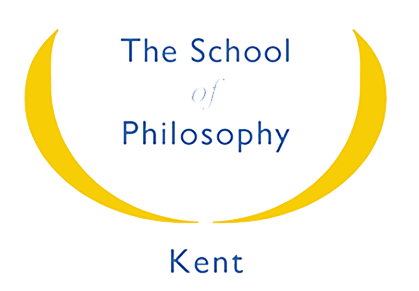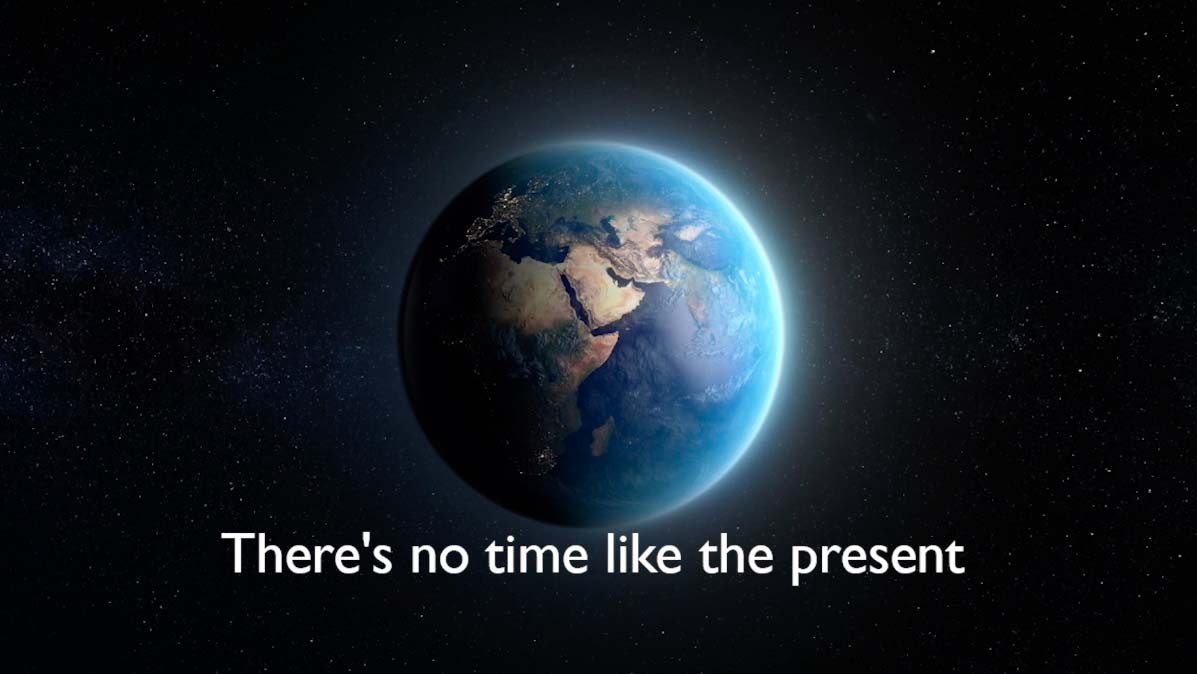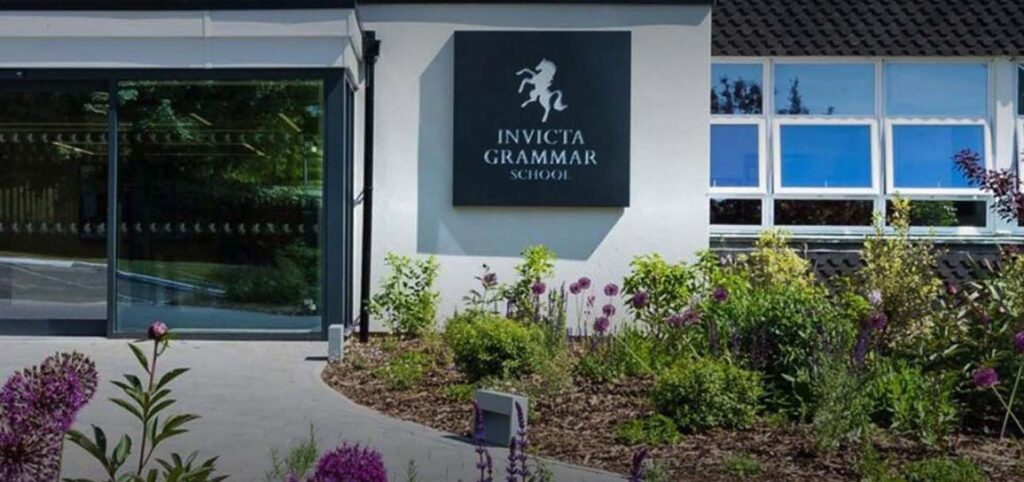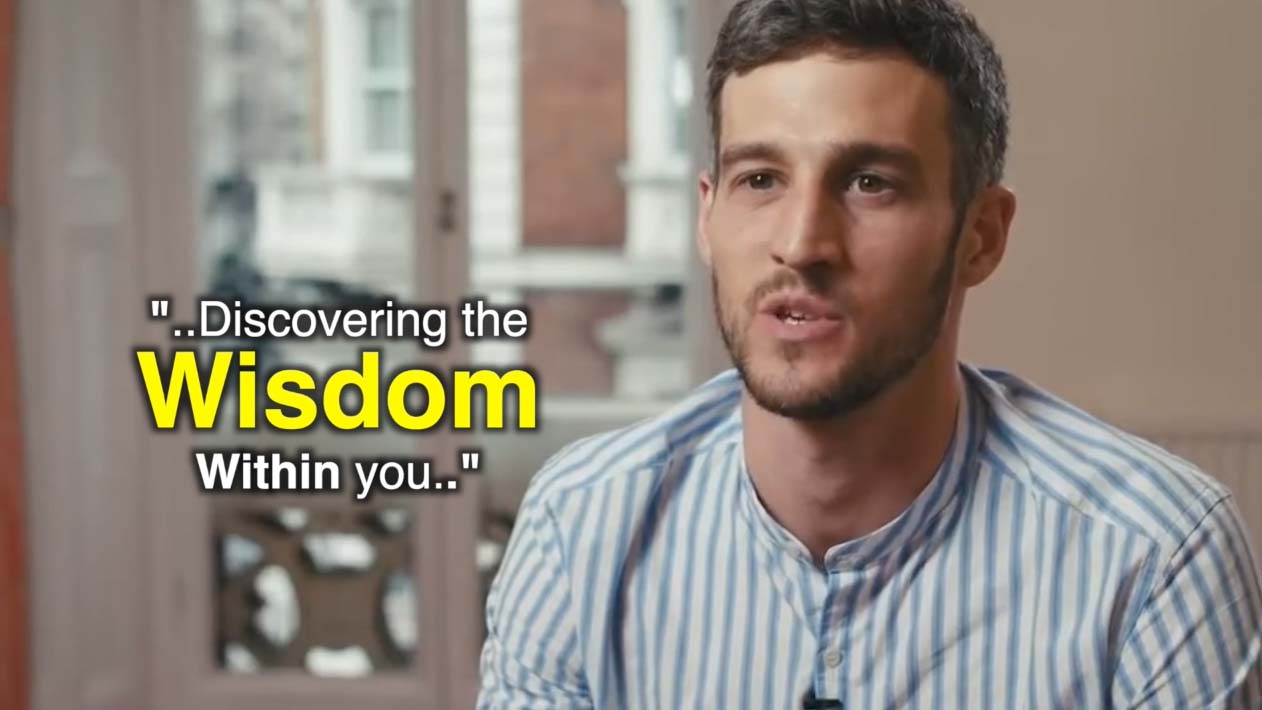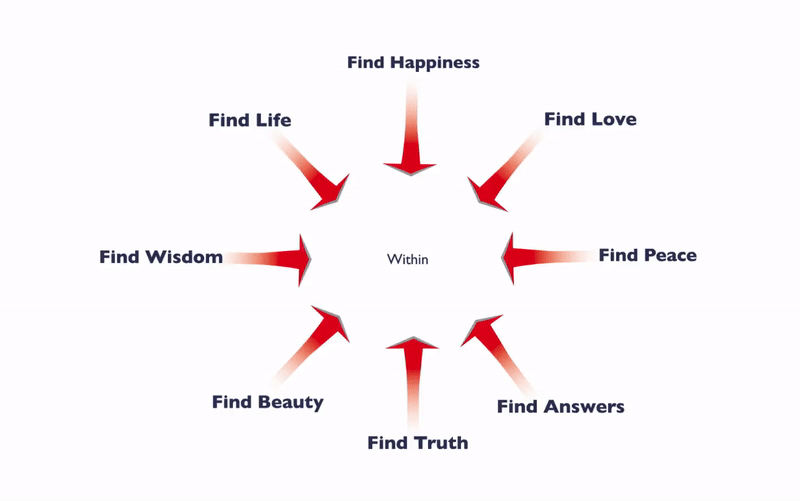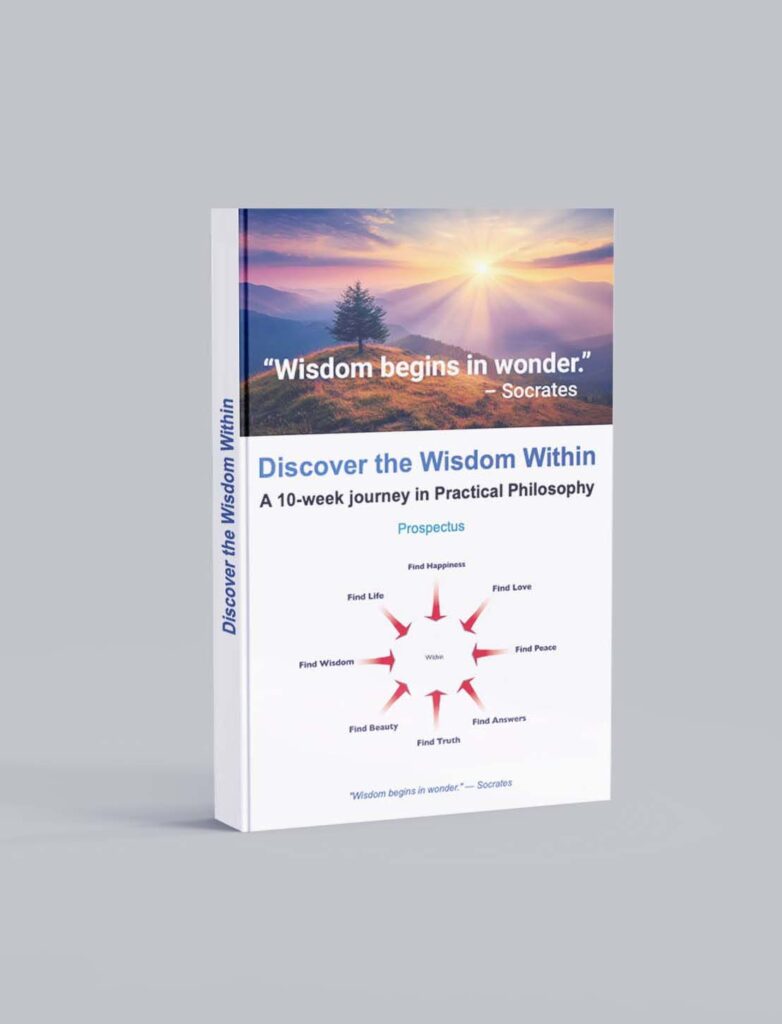Explore Life To The Full…
The Kent course offers a practical means to discover fully who we are, understand how to relate to the world we live in and see what gets in the way of being happy, peaceful and free.
Students are invited to see life as a place to test the words of the wise through practical and mindful exercises.
10 weekly sessions in-person
The ten weekly sessions explore central human questions through discussion, practical observation, conversation and reflection in good company.
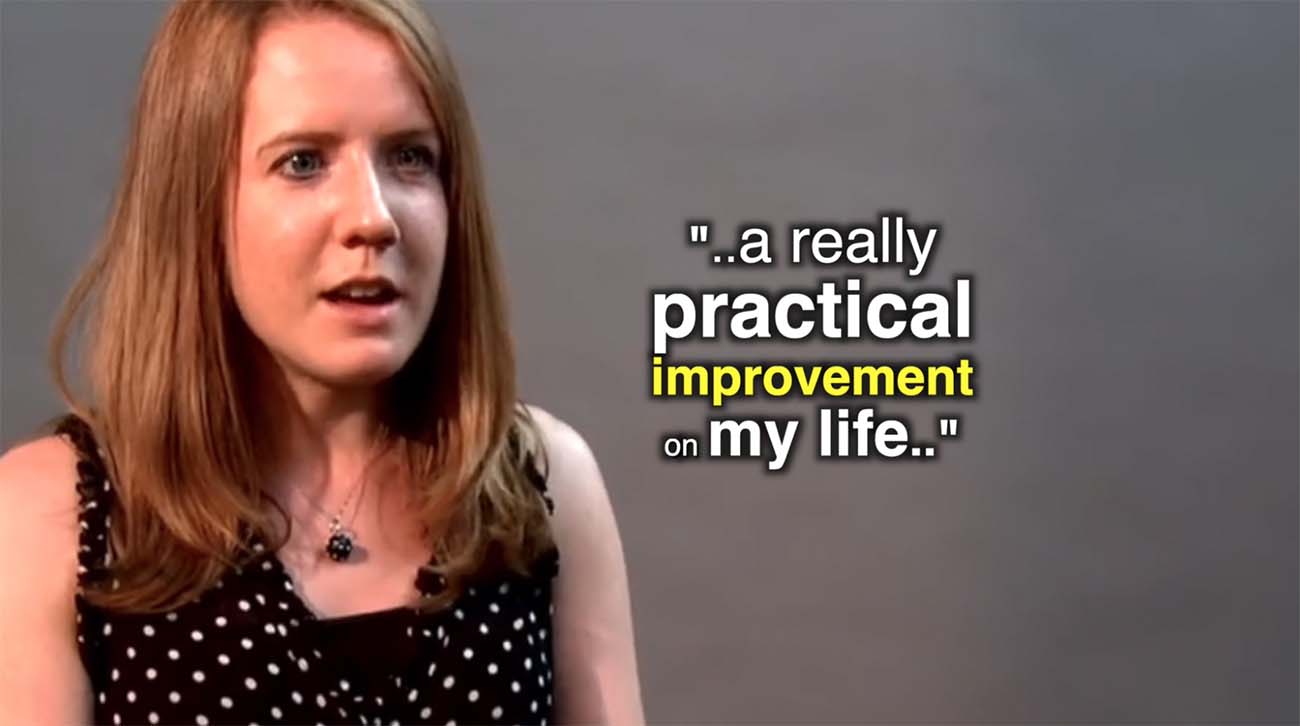
Self-enquiry through practical philosophy
“One of the first conditions of happiness is that the link between man and nature shall not be broken”.
How do we seek happiness? True happiness and unity: ‘May all be happy’ as an intent. Tolstoy: happiness through serving one’s neighbour. Observation, the conscious perceiver and the present moment.
The surprising relationship between happiness and law.
Is happiness natural? Analogy of light bulbs.
Bentham, Mill. Gandhi’s criticism and an alternative view to utilitarianism. The art of listening: practical exercise
Hedonism, Epicurus and Plato. Plato suggests two categories, necessary and unnecessary pleasures. Introduction to the Upanishads: finding satisfaction in oneself.
Divine goods: wisdom, self-control, justice and courage. Human goods: health, beauty, strength and wealth. Are these the way to happiness?
Introduction to Marsilio Ficino, renaissance philosopher. Key phrases inscribed on academy walls. Rejoice in the present. Richard Jefferies
Introduction to Lao Tzu: Tao Te Ching. Tea ceremony. Exploring effortless action.
Introduction to Patanjali and the 8-fold system of yoga, meditation, contentment. What about ambition? Finding happiness in work: 2 principles for finding happiness in work.
Two more principles for finding happiness in work. Practical exercise to discover more about the principles of work in action.
The connection between wisdom and happiness. Marcus Aurelius; you don’t need much to live happily. Review of the term.
Three forms of love: Eros, Philia, Agape. Pure love.
Love of life is fundamental to wellbeing but what does it mean?
Shakespeare, love is an ever-fixed mark. Love is the natural in-between.
Great debates in the forest on loving the essence. Experience of Viktor Frankl.
Circles of love, ideas of other, desire to control. Meeting all as if for the first time.
The meditations of Marcus Aurelius. Inner organ of mind.
Expressions of love from Sufi philosophers.
Choosing the emotional ground. Words of Epictetus and Phillis Wheatley.
Work for the sake of love, duty and reward.
If you want to be loved, then love. Love and wise law.
